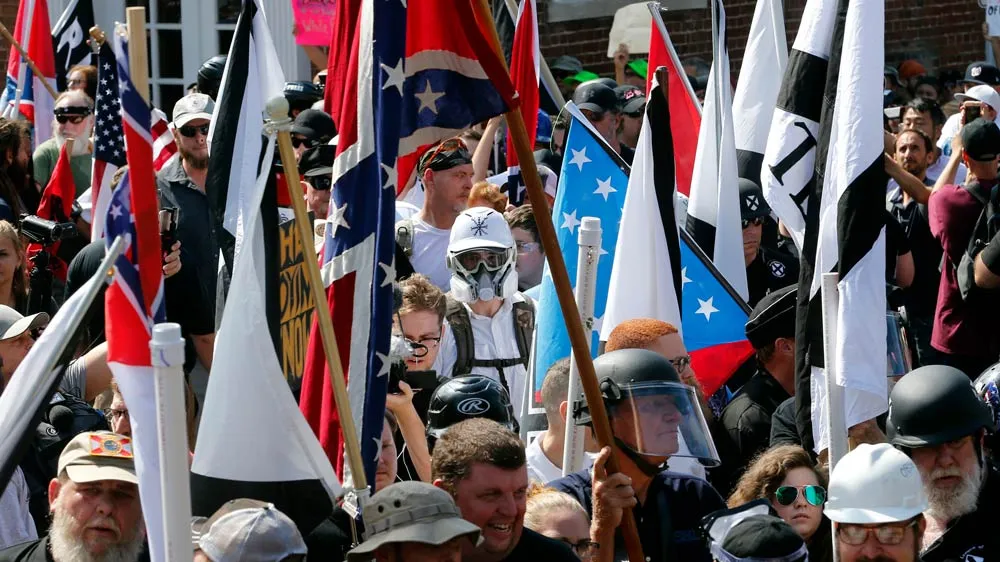January 16, 2014
EU, Russia Shrink Planned Summit to Short Meeting
Jason St. Amand READ TIME: 2 MIN.
A long-planned summit between Russian President Vladimir Putin and the European Union leadership has been reduced to a short meeting in the wake of their confrontation over Ukraine's future.
The summit was initially meant to feature a joint dinner and to last until the following afternoon, but now the meeting with Commission President Jose Manuel Barroso and others in Brussels on Jan. 28 will only last about 2 � hours, according to the EU.
The format has been changed "in light of the recent developments," and participants will have an "in-depth reflection" about the EU-Russia relationship rather than a discussion about specific issues, Commission spokeswoman Maja Kocijancic said.
Russia in November lured Ukraine with financial incentives, including a $15 billion bailout loan, to snub the 28-nation bloc and seek closer cooperation with Moscow instead. The Ukrainian leadership's last-minute decision to side with Russia sparked weeks-long anti-government protests in Kiev and elsewhere in the country. The protests drew hundreds of thousands in the early weeks, and most recently still drew more than 20,000 into the streets on Sunday.
EU leaders have also been upset by Russia's efforts to lure other eastern European neighbors like Armenia back into its political and economic orbit and by what they say is the use of trade policies to discriminate against the EU's easternmost members along Russia's borders.
Still, Russia and the European Union have very close economic ties and at times shared political interests, so neither side apparently wanted to outright cancel the summit, the 31st such meeting since the late 1990s. Russia also remains a very important player on many international matters, such as Syria or Iran, and the EU wants to keep the door open.
But Europeans will insist on voicing their concerns regarding the treatment of gay people, human rights issues and mounting pressure from Moscow on the EU's eastern neighbors, a Brussels-based diplomat from an EU nation said. He spoke on condition of anonymity because he wasn't allowed by his government to discuss the matter publicly.
The EU, with more than 500 million citizens, is Russia's largest trading partner. While the EU's exports are dominated by machinery, vehicles, chemicals and medicine, the bloc imports mostly raw materials, especially oil and gas, from Russia.


